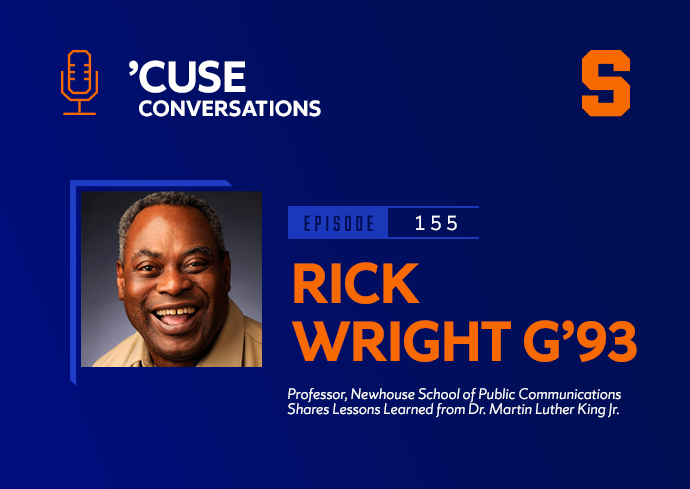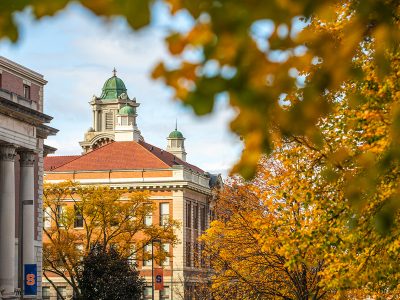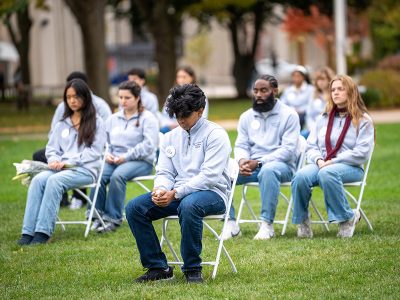How Meeting Dr. Martin Luther King Jr. Influenced Rick Wright G’93 and Inspired His Broadcasting Career (Podcast)
Roosevelt “Rick” Wright G’93 had a front-row seat as the Civil Rights Movement took off across the American South in the late 1950s and early 1960s, participating in the sit-ins and demonstrations while coming face-to-face with police dogs and fire hoses in Elizabeth City, North Carolina.
At the heart of the movement were the non-violent, civil disobedience teachings of the late Dr. Martin Luther King Jr., the civil rights leader who inspired Black citizens around the country to speak out and stand up for their constitutional rights.
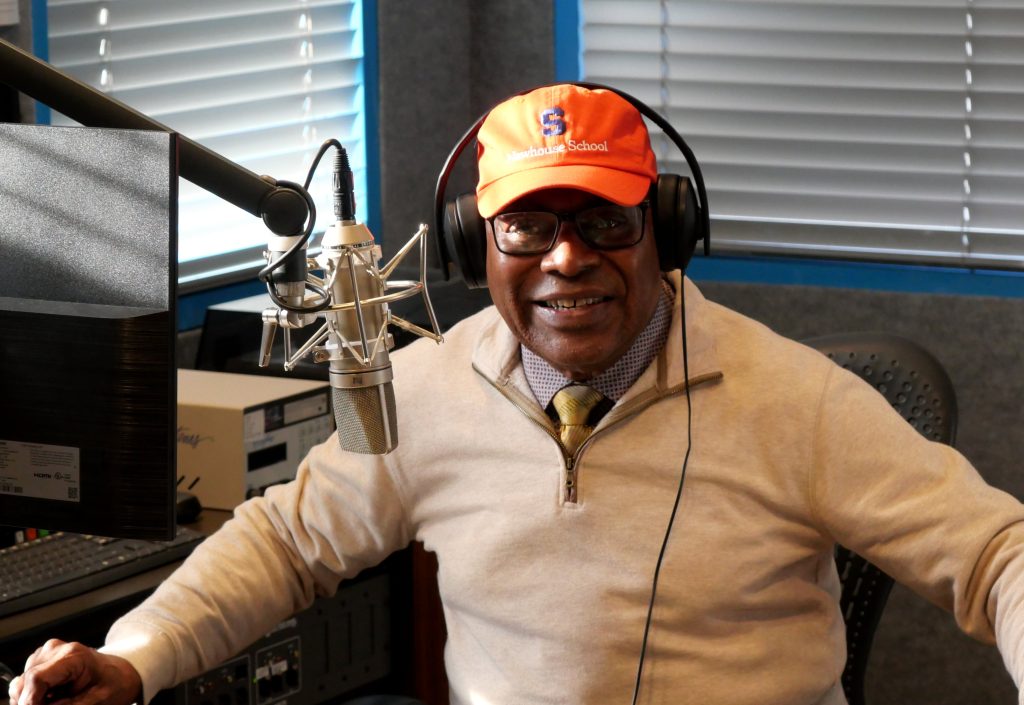
Wright had the pleasure of meeting and eating with Dr. King several times as a teenager, as his Sunday school teacher was King’s sister-in-law, Edith Scott Bagley. Those Sunday evening suppers saw Wright consume much more than fried chicken, ham, collard greens, candied yams, potato salad and snap beans: He hung on King’s every word as the eloquent reverend imparted life lessons on the impressionable Wright.
Words of wisdom that, more than 55 years after King’s death, still resonate loud and clear with Wright.
“The most important thing Dr. King impressed on me was the need for education. He would say, ‘Roosevelt, one of the problems here in America is that we as African Americans were brought to this country as slaves to work the fields and the agriculture of the South. Technically our families built this country for free as slaves,’” Wright says.
“Dr. King said that America has got to wake up from this idea of white superiority. They are immediately taught at birth that African Americans were inferior, dumb and stupid, and that their worst was better than your very best. How do we get past this? Education and schooling. Get smart. And he preached how to handle incredible challenges of conflict through non-violent protest. While we were sitting at those lunch counters, I remember white kids coming in calling us every name in the world. They threw hot water on us, hot sauce in our faces and everything. And we just sat there and took it.”
Dr. King’s message and mission will be honored at the University’s 39th Annual MLK Celebration on Sunday, Jan. 21, the largest event of its kind held on a college campus.
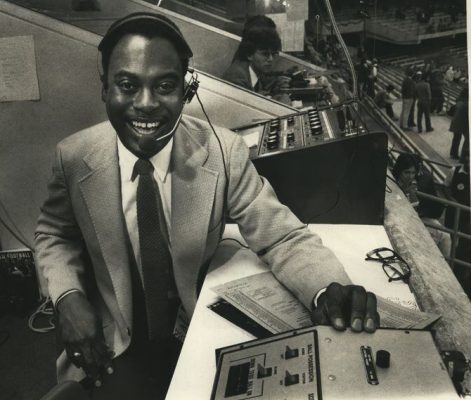
In this “’Cuse Conversation,” Wright recalls the powerful impact Dr. King made on him, shares how Dr. King utilized the radio to preach his non-violent message and how Dr. King’s oratorical prowess inspired his successful career as both a radio broadcaster and television, radio and film professor at the S.I. Newhouse School of Public Communications.
Wright, who became the first Black communications professor at Newhouse, was the first faculty advisor for the student-run radio station WJPZ and served as faculty manager for WAER. He was an invaluable resource for the thousands of students who took one of his classes, and is the definition of “Major Market.”
Check out episode 155 of the “’Cuse Conversations” podcast featuring Wright. A transcript [PDF] is also available.
